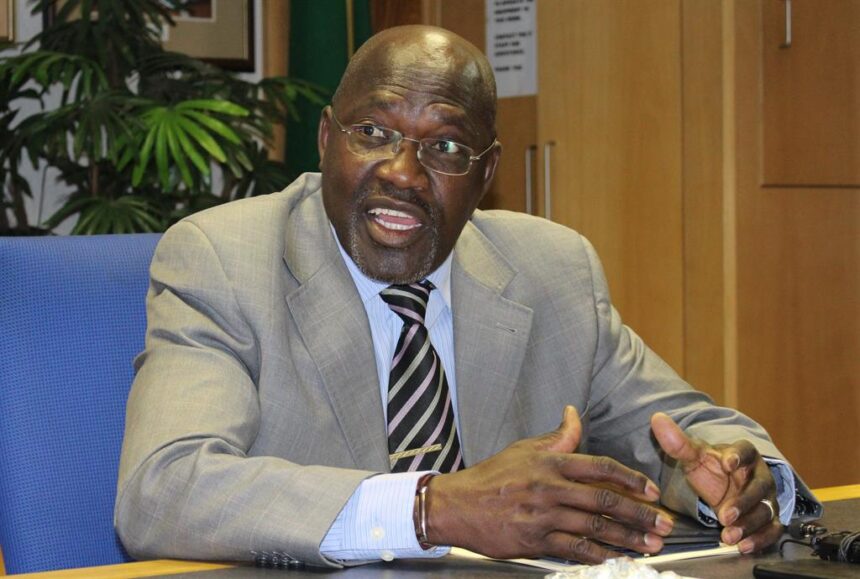Namibia, the world’s third largest uranium producer, has been challenged to utilise its resources locally to deal with rising energy prices, a top official has said.
Tjekero Tweya, head of the Parliamentary Standing Committee on natural resources, contends that despite Namibia’s wealth in resources like uranium, the country’s focus on exporting rather than harnessing them domestically for energy is short-sighted.
“Rectifying this situation is within our grasp, yet there’s a palpable lack of strategic planning to leverage our resources for domestic energy,” Tweya lamented at the Atomexpo 2024 International Forum in Sochi, Russia.
He decried the perennial excuse of skill and technology shortages, highlighting the absence of concrete efforts to bridge this gap and tap into Namibia’s energy potential.
Tweya emphasised that the current approach overlooks the opportunity for cheaper energy and broader coverage if resources were utilised at home.
“National-level planning and coordination among key stakeholders, including the Natural Resources Committee, Ministry of Mines and Energy, and NamWater, are sorely lacking,” he added, underscoring decades of futile discussions and workshops.
The latest development comes as Namibia is experiencing a surge in uranium prices but imports a bulk of its electricity from neighbouring countries, including South Africa and Zambia.
While acknowledging initiatives like the Kudu project, Tweya stressed their insufficiency to meet Namibia’s energy demands, urging exploration into additional avenues such as uranium, green hydrogen, and emerging prospects like lithium.
At the same forum, Ryan Collyer, CEO of Rosatom Central and Southern Africa, extolled nuclear energy’s versatility, advocating for its adoption in both small modular reactors and large-scale installations, asserting its relevance not only for South Africa but also for Namibia.
Highlighting Rosatom’s venture into floating nuclear power plants, Collyer envisioned a revolutionary shift in energy production, particularly for newcomer countries in Africa.
“Nuclear energy holds immense promise in addressing our energy challenges, whether through small modular reactors or large-scale installations. The potential extends from South Africa to Namibia,” Collyer emphasised, touting the transformative potential of floating nuclear power plants.
According to Rosatom, Russia boasts 38 operational nuclear units across 11 sites generating over 19% of the country’s electricity.
Meanwhile, Headspring Investments, representing Russian nuclear giant Rosatom in Namibia, is exploring the construction of Namibia’s inaugural nuclear power plant within six years, pending regulatory approval and government endorsement.
Viktor Riedel, Rosatom’s Country Manager for Namibia, envisions a game-changing shift in Namibia’s energy landscape, with the potential to slash costs and bolster energy security.
As Namibia grapples with a uranium boom but relies heavily on imported electricity, the prospect of harnessing clean energy domestically offers a beacon of hope for the nation’s energy future.
Namibia imports some 60% of its electricity needs from neighbouring countries and the energy ministry has set a target to reduce the import gap from the current 60% to only 20% by 2028.-miningandenergy.com.na



Leave a Reply